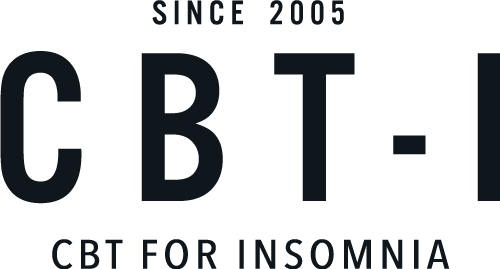New Evidence-Based Insomnia Treatment Guidelines
Updated guidelines for the treatment of insomnia have recently been established by the European Sleep Society, the largest sleep research society in the world. These clinical guidelines are based on 25 meta-analyses that have been published to date since 1994 focusing on the effect of CBT-I on insomnia in individuals without comorbidities, and another 15 meta-analyses conducted since 2011 on individuals with insomnia and various comorbidities.
The new guidelines recommend that all patients with insomnia, whether they have other medical conditions or mental health problems, or not, are offered CBT-I as their initial treatment. CBT-I may be delivered by a clinician or by digital (online) CBT-I using a scientifically demonstrated web or mobile treatment platform. If this approach is not sufficiently effective, it is recommended that patients and their treating physicians should come to a shared decision about whether medication might be initiated. At present, the evidence suggests that drug treatments in general should be limited to, at most, 4 weeks in duration, and even then with care: tolerance develops within days to weeks. Dose increases are not advised, and may accelerate the development of dependence. In some cases, longer treatment periods may be indicated, carefully weighing the advantages and disadvantages. Clinicians should weigh side-effects associated with benzodiazepine and newer non-benzodiazepine sleep medications, which include the development of tolerance and dependence, nocturnal confusion and falls, negative effects on cognitive functioning including memory impairment, hangover effects with associated impairments in driving capability, especially from substances with long half-lives, as well as rebound insomnia after withdrawal.
